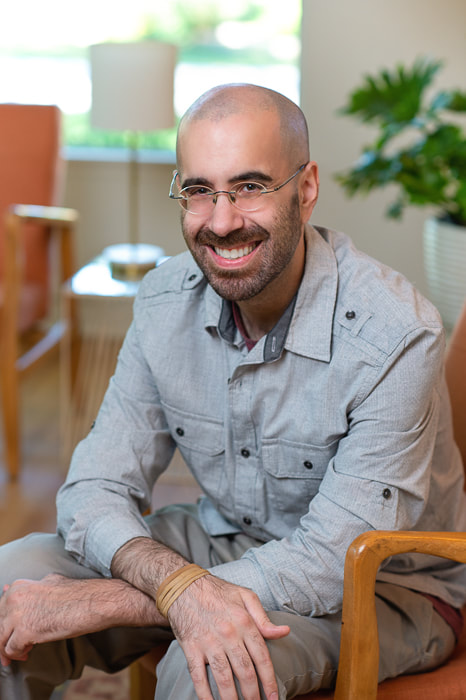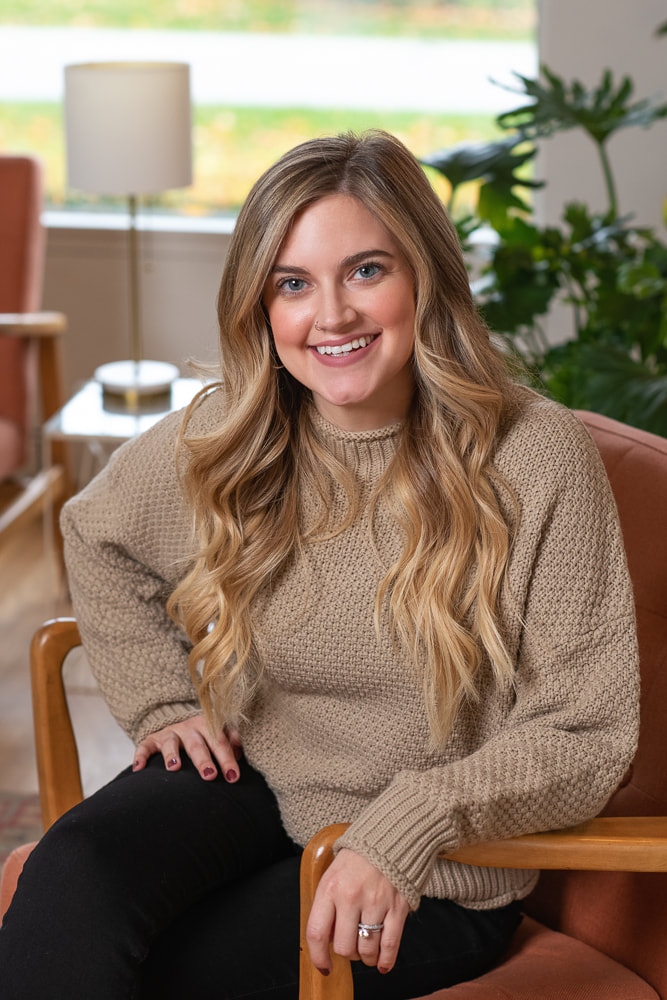Relationship Concerns and Couples Counseling
|
If you are interested in counseling for Relationship Concerns and Couples Counseling and/or Marriage Counseling, call OakHeart at 630-570-0050 or 779-201-6440 or email us at [email protected]. We have counselors, psychologists, and social workers available to help you at one of our locations in North Aurora, IL, Sycamore, IL, and/or via Telehealth Online Therapy Services serving Kane County, DeKalb County, Dupage County, and beyond.
Relationships can bring us great joy, comfort, and connection. They can also be stressful and contribute to or cause significant problems for individuals. What Are Relationship Concerns?Significant relationship concerns might arise in cases where relationships are high in conflict, when there have been significant violations in trust such as infidelity, where one or both partners/individuals in the relationship is struggling with significant personal stressors such as medical or family crises, when the relationship undergoes major transitions such as having a baby or job changes, when the relationship must endure shared or individual losses of loved ones, and/or when the relationship involves emotional, sexual, or physical abuse.
A person struggling with relationship issues may experience many symptoms associated with their concerns including excessive anxiety and/or worry, sadness or depression, excessive guilt or shame, decreases in self-esteem, worthlessness and helplessness, withdrawing from and isolating from others, traumatic reactions, etc. In this case, someone experiencing relationship concerns may decide to pursue individual counseling our couples counseling. |
How Do I Know If I Need Couples Counseling?
Often clients wonder if the struggles in their relationship are severe enough to warrant couples counseling. On average, couples wait about 3-5 years too long to seek out support for their relationship. And research shows that couples who obtain services earlier in the relationship, at the first sign of challenges, have better outcomes in the longevity and overall satisfaction of their relationship.
Couples counseling can address common issues like mismatched communication styles, poor conflict resolution skills and lack of connection as well as more complex issues like infidelity, grief/loss, infertility and toxic family dynamics. While many couples seek out treatment following a major conflict or event, some couples come to treatment looking to build a better foundation for their marriage than the relationships they observed in their families growing up. Premarital counseling programs like Prepare & Enrich are a great opportunity for dating and engaged couples to assess what areas of their relationship may create challenges in the future and learn the tools in advance.
Couples counseling can address common issues like mismatched communication styles, poor conflict resolution skills and lack of connection as well as more complex issues like infidelity, grief/loss, infertility and toxic family dynamics. While many couples seek out treatment following a major conflict or event, some couples come to treatment looking to build a better foundation for their marriage than the relationships they observed in their families growing up. Premarital counseling programs like Prepare & Enrich are a great opportunity for dating and engaged couples to assess what areas of their relationship may create challenges in the future and learn the tools in advance.
What Can I Expect From Couples Counseling?
|
A common misconception is that a couples counselor will act like a referee or judge of who is “right” and who is “wrong” in the partnership. Marriage counseling is meant to empower both partners and provide the tools for the couple to communicate with each other rather than require the ongoing assistance of a neutral third party. A couples therapist will assess the current status of the relationship, identify what areas the couple is looking to address and work collaboratively with the couple to formulate a plan for treatment.
Typically, the therapist will meet with both parties together then might request to meet with each partner individually. During the early phases of treatment, the couples counselor is looking to gather as much information as possible about the relationship and gain an understanding of how both parties view the challenges in their relationship. After creating a treatment plan with the couple, the therapist might assign tasks, strategies or new approaches for the couple to practice at home. An example might be “the softened start-up” from Gottman Method Couples Therapy where one partner utilizes compassionate language to open up a conversation about challenging dynamics in the relationship. Practicing these techniques outside of the therapy room provides each partner an opportunity to grow their confidence and feel more empowered within the relationship. |
During each session, the couples counselor will actively work with the couple to identify areas of struggle and provide new tools for the couple to practice implementing. Rather than acting as a referee, the therapist guides the couple through more structured forms of conflict resolution and connection-focused communication exercises to rebuild trust, love and partnership.
What Couples Counseling Options Are Available?
Prepare & Enrich Premarital Counseling: A solution-focused program that provides dating and engaged couples the opportunity to complete a comprehensive survey of their beliefs and expectations for major areas of relational challenges including finances, children, family planning, spiritual/religious beliefs, division of domestic responsibilities and more.
This program is typically a short-term form of counseling that gives the couple an opportunity to learn what areas are stronger and more compatible and how to address the areas where the couple is less aligned. The therapist prioritizes communication skills and facilitates constructive conversations about the couple’s challenge areas.
Gottman Method Couples Therapy: Developed by researchers John & Julie Gottman, this evidence-based practice has become popular for how it demystifies the couples therapy process. From the Gottman Institute: “The goals of Gottman Method Couples Therapy are to disarm conflicting verbal communication; increase intimacy, respect, and affection; remove barriers that create a feeling of stagnancy; and create a heightened sense of empathy and understanding within the context of the relationship.”
This style of couples therapy is unique because it is based on the Sound House theory or the idea that all relationships can be strengthened and improved at various levels. From foundational issues like rebuilding trust or learning healthy communication to the upper level skills of creating shared meaning and pursuing dreams together. Treatment plans using the Gottman Method are meant to be tailored to meet the couple exactly where they are on their relational journey.
Emotionally Focused Couples Therapy (EFT): Based on Attachment Theory and the idea that individuals carry emotional experiences from their childhood into their adult relationships, EFT for couples focuses on how to foster a safe environment within the romantic partnership. Often couples do not realize that they are reenacting toxic patterns from the families they grew up in. Once a cycle has been created in their own relationship, it can be difficult to break out of it without guidance and support.
Couples counselors utilizing EFT will focus on identifying the harmful dynamics that have been established and helping each partner learn how to validate and hold space for their spouse to express their emotions in a healthy manner. The therapist fosters a safe space for the couple to engage in more vulnerable reflections and repair damage that has happened in the past.
This program is typically a short-term form of counseling that gives the couple an opportunity to learn what areas are stronger and more compatible and how to address the areas where the couple is less aligned. The therapist prioritizes communication skills and facilitates constructive conversations about the couple’s challenge areas.
Gottman Method Couples Therapy: Developed by researchers John & Julie Gottman, this evidence-based practice has become popular for how it demystifies the couples therapy process. From the Gottman Institute: “The goals of Gottman Method Couples Therapy are to disarm conflicting verbal communication; increase intimacy, respect, and affection; remove barriers that create a feeling of stagnancy; and create a heightened sense of empathy and understanding within the context of the relationship.”
This style of couples therapy is unique because it is based on the Sound House theory or the idea that all relationships can be strengthened and improved at various levels. From foundational issues like rebuilding trust or learning healthy communication to the upper level skills of creating shared meaning and pursuing dreams together. Treatment plans using the Gottman Method are meant to be tailored to meet the couple exactly where they are on their relational journey.
Emotionally Focused Couples Therapy (EFT): Based on Attachment Theory and the idea that individuals carry emotional experiences from their childhood into their adult relationships, EFT for couples focuses on how to foster a safe environment within the romantic partnership. Often couples do not realize that they are reenacting toxic patterns from the families they grew up in. Once a cycle has been created in their own relationship, it can be difficult to break out of it without guidance and support.
Couples counselors utilizing EFT will focus on identifying the harmful dynamics that have been established and helping each partner learn how to validate and hold space for their spouse to express their emotions in a healthy manner. The therapist fosters a safe space for the couple to engage in more vulnerable reflections and repair damage that has happened in the past.
OakHeart Relationship Concerns and Couples Counseling Counselors, Psychologists, and Social Workers
|
|
|
|
|
|
|
|
|
|
|
|
Relationship Concerns and Couples Counseling Related Blogs:
|
John and Julie Gottman, leading researchers and clinicians in the field of couples counseling, identified four significant communication problems that occur within conflict. They called them the “Four Horsemen” to signify that the relationship is in trouble and could be headed for the “end of days” if the dynamic does not change. Learn how to spot the problematic behaviors and practice the antidotes in order to decrease or eliminate these toxic interactions.
|
|
You may have seen the viral TikTok trends about oranges and birds only to wonder what that has to do with the strength of your relationship. “Orange peel theory” and “bird theory” are both real life examples of the famous research study by relationship expert,
John Gottman. After observing thousands of couples in his lab, he found that the couples with the greatest long-term success had one major thing in common: how they responded to bids for connection. A bid for connection can be something as simple as asking your partner to peel an orange or look at the interesting bird outside but often they are an indicator of much deeper aspects of the relationship like shared values, dreams, and desires. |
















